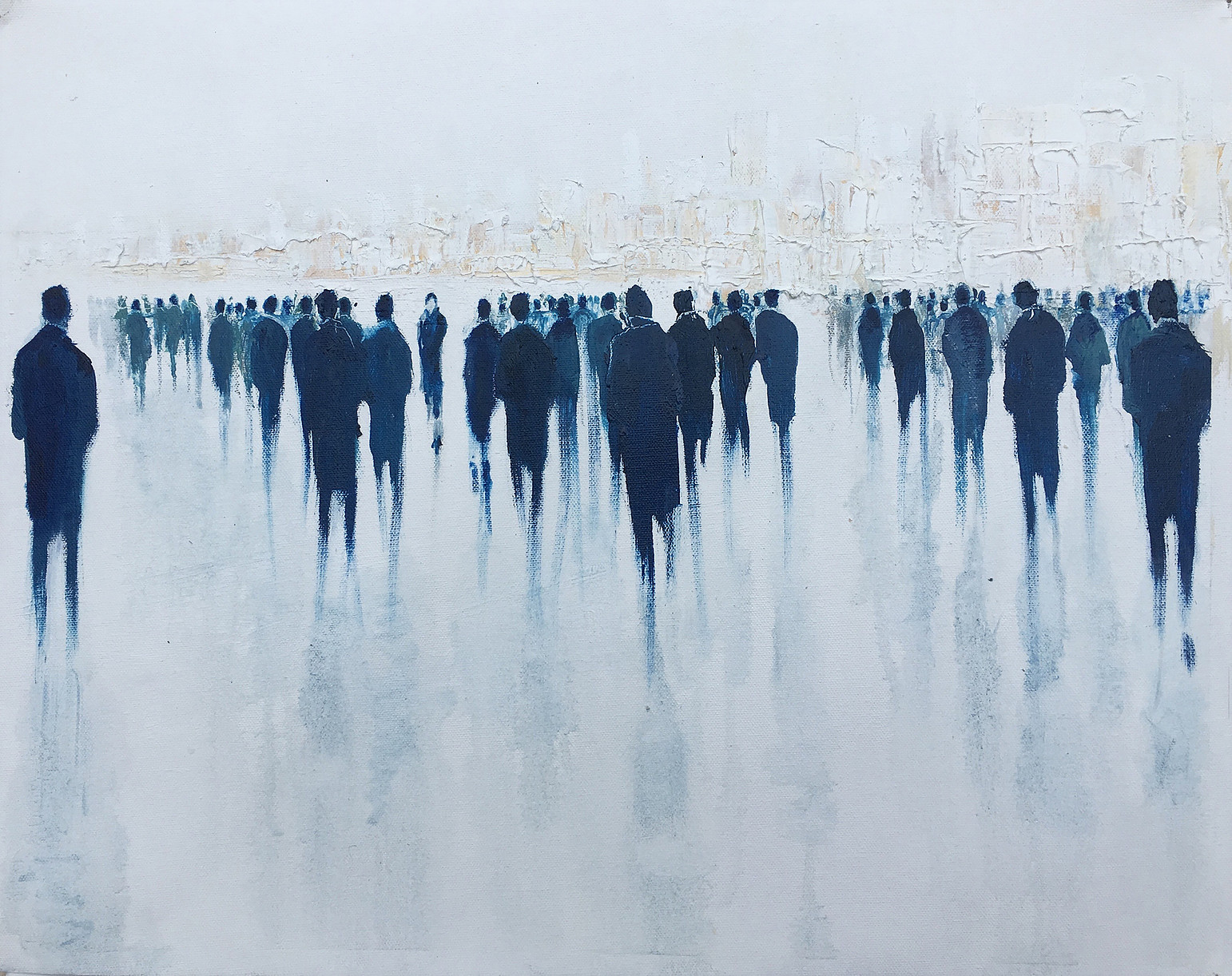At the Gates, Jibril Asks Me Where I Come From

to start.
He says: the beginning. I
say:
society.
But this is not enough, so
I say:
Egypt.
the Hebrew Mitzráyim (מִצְרַיִם).
I say:
in his kingdom except the Israelites.
Christianity spreads.
by 642 AD.
He says:
I have heard all this before.
I say:
Peninsula with British and French support.
region.
entire country, all women over the age of sixty-
five.
He says:
be written in bullets.
I say:
refer to itself as the Islamic State (الدولةَ الإسلامية) or IS.
He takes my hand, tells me:
سمي الشيطان بإسمو
I say:
is the closest Egyptian Arabic has to a fag.
He says:
I asked for a name.
I say:
father blames his hands for the death of my manhood.
He says:
إحمل الصخر فوق الجبل وإرميه
I say:
faggot. Trust. Reach. Manhood.
the gates wide.
Hazem Fahmy is a Pushcart and Best of the Net nominated poet and critic from Cairo. He is currently pursuing his MA in Middle Eastern Studies from the University of Texas at Austin. His debut chapbook, Red//Jild//Prayer won the 2017 Diode Editions Contest. A Watering Hole Fellow, his poetry has appeared, or is forthcoming in Apogee, Bat City Review, Mizna, and The Offing. His performances have been featured on Button Poetry and Write About Now. He is a reader for the Shade Journal, a poetry editor for Voicemail Poems, and a contributing writer to Film Inquiry.

